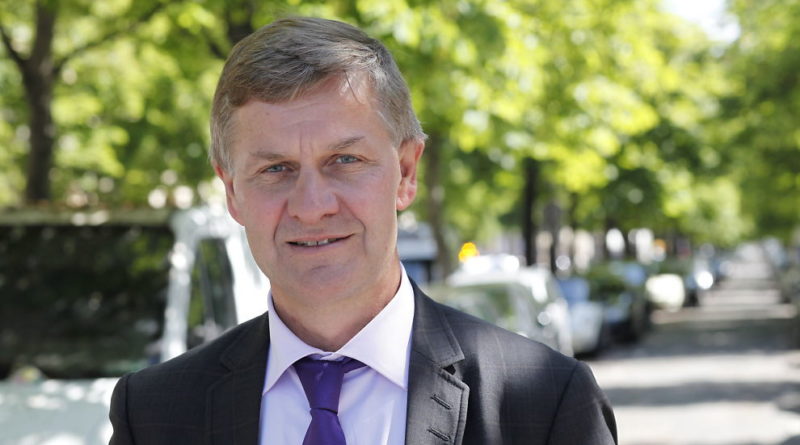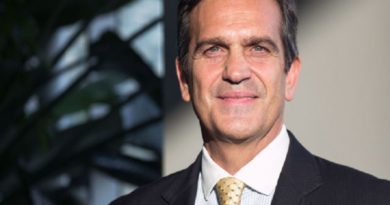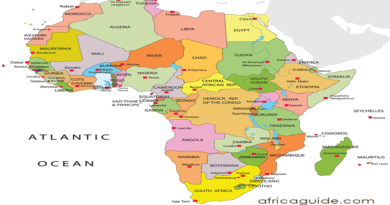When UNEP chief visits Indonesia
The United Nations Environment Programme (UNEP) chief, Erik Solheim, has welcomed Indonesia’s efforts to become a leader in environmental sustainability on his first official visit to the country as Head of UN Environment.
In Jakarta, Solheim met with a number of senior government officials, including Vice President Muhammad Jusuf Kalla, Minister of Development Planning, Bambang Brodjonegoro; Minister of Agrarian and Spatial Planning, Sofyan Djalil; Minister of Environment and Forests, Siti Nurbaya Bakar; and the Director of Peatland Restoration Agency, Nazir Foead.
Solheim said, “Indonesia continues to make rapid economic progress, but this does not need to come at the expense of the natural environment. UN Environment welcomes the ambitions of the Government of Indonesia to become a regional and global leader on environmental sustainability.
Indonesia has made ambitious climate action commitments under the Paris Agreement. The new moratorium on clearing peatlands is an important step towards achieving those commitments, as is the Government target of restoring 2 million hectares of degraded and burned peatlands.
Progressive legislation is now in place to address deforestation, though law enforcement needs to improve. The private sector in Indonesia has also made commitments to zero deforestation, though more can be done to implement and monitor these voluntary commitments.
At a roundtable with major Indonesian palm oil, rubber, and pulp and paper companies, Solheim explored ways to move forward on their zero deforestation pledge.
He said, “I am encouraged by the willingness of the private sector to change. Degradation of the environment can no longer be the main basis for business. I value the promises made by the private sector. Now is the time for action.
“It is possible to protect remaining rainforests and restore degraded lands, and at the same time grow the agricultural sector and economic productivity.
“Indonesia’s environmental issues are also global issues. Peat and forest fires pose regional and global risks to human health and the climate. Indonesia should receive international support for its efforts to address these challenges.”
In Jakarta, Solheim also signed a Memorandum of Understanding with the Center for International Forestry Research that will foster joint action on preserving tropical landscapes.




